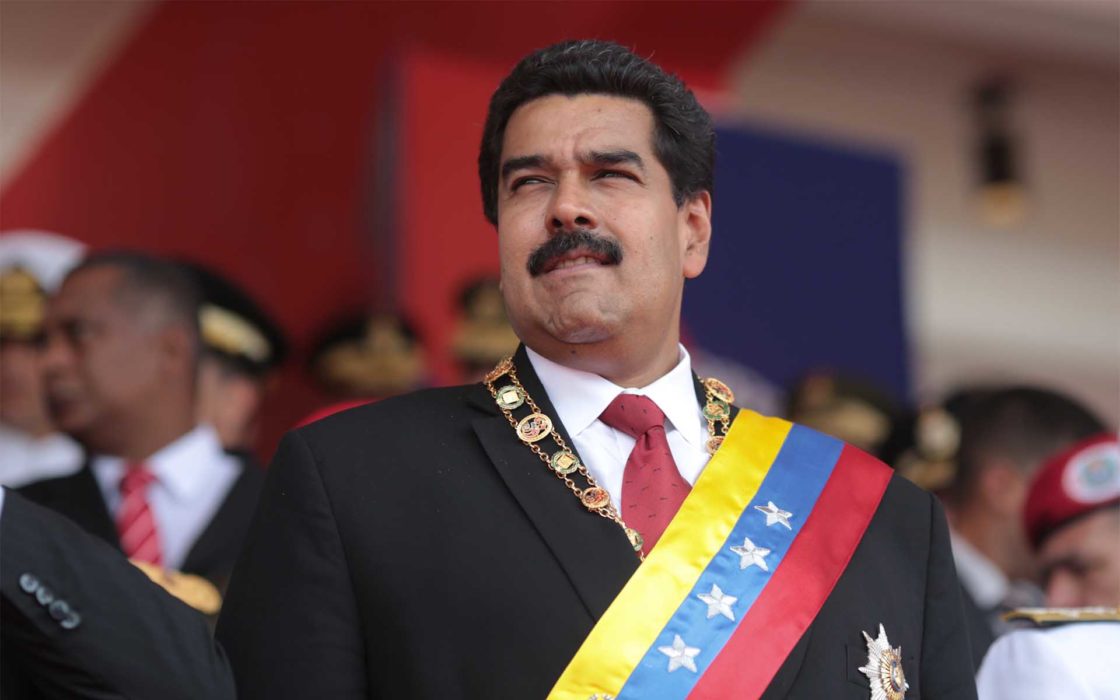Hyperinflation is rampant in Venezuela as bitcoin trading volume keeps hitting new records each week. Meanwhile, authorities are scratching their heads on how to rein in the burgeoning, albeit underground industry, including attempts to crackdown on the importation of cryptocurrency mining equipment.
Oil Rich But Strapped For Cash
Venezuela made headlines across the world by being one of the first nations to launch a state-issued virtual currency dubbed the ‘Petro’ in February to circumvent international sanctions on the regime of Nicolas Maduro.
However, sales figures for Petro have come under fire amid allegations the government could be fudging the numbers, especially since there is zero transparency surrounding the cryptocurrency. Many simply do not trust Petro since failed socialist policies and capital controls have led to massive hyperinflation with the Venezuelan bolivar.
The International Monetary Fund estimates Venezuela’s inflation could surpass 13,000% this year. The vast majority of the nation’s citizens are mired in abject poverty, forced to spend millions of bolivars on staples like bread and flour, and can only watch as prices keep rising at a rapid pace. Leading universities in the country estimate that 87% of the population is officially poor.
The government has tried a variety of methods to counter hyperinflation. The state sells subsidized food in some poorer neighborhoods, but a lot of goods are priced according to a black marker dollar – which most citizens do not have.
President Maduro announced on June 20th that the minimum wage would triple to $1.14 per month to help citizens, but critics say increases rarely stay in line with the bolivar’s depreciation.
Amid the massive depreciation of the nation’s money, more and more citizens have taken an interest in cryptocurrency. Government officials in early June said the country’s currency overhaul plans have been put on hold until August 4th, and consequently, trading volume has jumped significantly in recent weeks, according to LocalBitcoins.
Some believe that the rising interest in Bitcoin and other cryptocurrencies comes as people keep searching for some sort of alternative store of value. One Reddit user points out how hyperinflation in the country means someone who bought Bitcoin at the all-time high price of $20,000 would still be better off than if they held bolivars.
Some crypto-related projects have taken hold in the country. People on Margarita Island are reportedly working on a cryptocurrency called PerlaCoin and a blockchain observatory was opened in the country right after Petro was launched, although it is said to still be relatively obscure.
Crackdown on Cryptocurrencies?
Cheap electrical power makes Bitcoin mining much cheaper than in nations like the United States and China, but some believe government officials are trying to figure out how much involvement people have with cryptocurrencies and mining, especially since unofficial data points to just 2% of the nation’s miners being registered with authorities.
Venezuelan news outlet Noticiero Digital reported in early May about a ban on items like computers, cards, power plants, processors, and mobile phones and other electronic equipment. The government said they were prohibiting the importation of cryptocurrency mining equipment.
This has caused confusion among businessmen due to uncertainty about the exact scope of the ban. One manager told Noticiero Digital that he had to stop sea and air shipments because he was unsure about what was actually being prohibited.
The news outlet noted that additional information about the ban has been minimal and customs officials are just following orders at border crossings, at least for the time being.
Will cryptocurrency adoption in Venezuela continue amid continued inflation? Share your thoughts in the comments below!
Images courtesy of Pixabay, CoinDance, Wikimedia Commons
The post Venezuela: Record Bitcoin Buying Spree Continues Amid Hyperinflation appeared first on Bitcoinist.com.
Powered by WPeMatico

